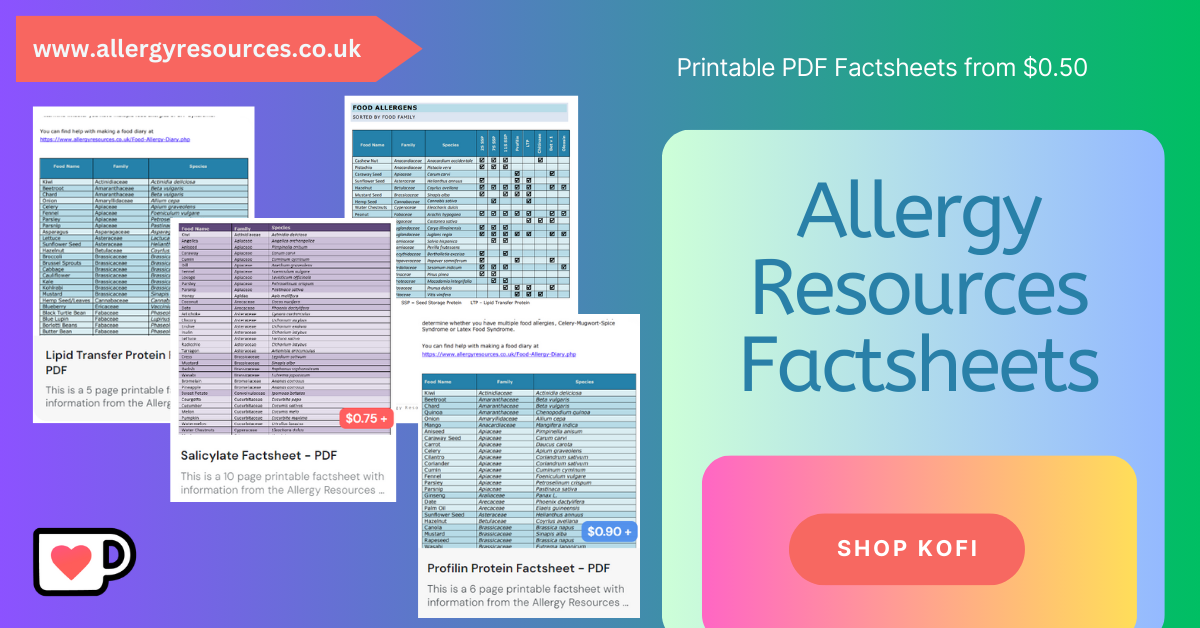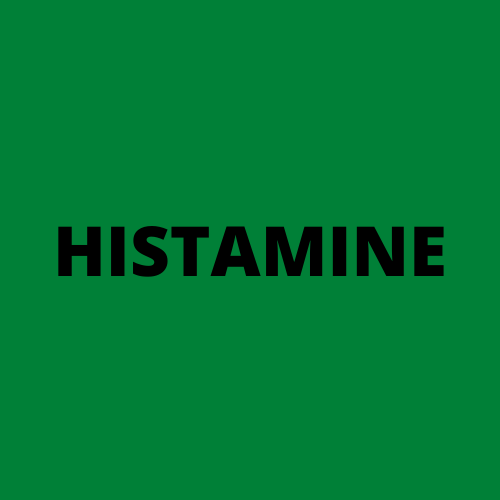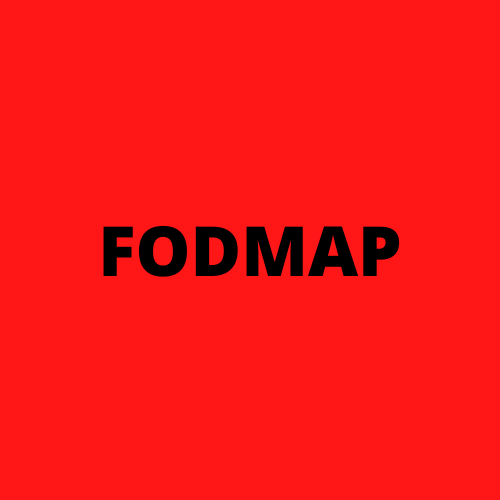
COW MILK ALLERGY
Key Allergens
The allergenic proteins in cow's milk are generally split into albumins (commonly called whey) and casein. In human milk the split is usually 60% whey to 40% casein. In cow's milk the split is 20% whey to 80% casein. This massive difference in composition is thought to be the cause of IgE allergic reaction to cow's milk, with most people being allergic to casein proteins in the milk.
Cow's Milk Protein Allergy (also called CMPA) is not be confused with lactose intolerance. A true allergy is to proteins in a food, lactose intolerance is due to a reaction to sugars in milk. Lactose free products should not be used by people with an allergy as they may still contain proteins - always check your labels!
Cross reactivity is usually caused by the proteins in one food being similarly shaped to those in another food. Unusually there is cross reactivity between the seed storage proteins in soya beans and the casein in cows milk. This is called non-homologous cross reactivity. This is actually a common anecdote, that babies allergic to cows milk can often not tolerate soya milk either and this would be the reason. An anecdote which is actually based in fact!
Cow's milk is usually the first food for many babies, which is why it seems such a common allergy. It is advisable to see your GP or health provider if your baby has an allergy as many very young children with a milk allergy will outgrow it.
A recent 2024 study looked at the link between milk consumption and alpha gal syndrome, it found that whole milk was able to illicit allergic reactions in some people with this condition.
Food Intolerances




Certain cheeses, like parmesan and cottage cheese are high in sulphites. Sulphites are inorganic salts used in preservations and have the potential to cause symptoms of food intolerance to those sensitive to sulphites, this food intolerance is more common in asthmatics. An improvement in symptoms can be made with a change to a low sulphite diet.
Fresh pasteurised cows' milk is low in histamine, so is suitable for people following a low histamine diet, however the histamine levels increase once it is made into yoghurt and even higher once made into various cheeses.
The casein in cow's milk contains a moderate amount of lectins, another cause of food intolerance. Cooking foods with lectins makes them more digestible and can reduce the symptoms of food intolerance.
Lactose in milk is a high FODMAP food. FODMAP stands for Fermentable oligosaccharides, disaccharides, monosaccharides and polyols. Foods high in FODMAPs can cause symptoms of food intolerance, affecting the gastro intestinal system and this can be mistaken for a true IgE food allergy.
You can read more about Food Intolerances on the dedicated Food Intolerance Page.
Associated Syndromes
Cross Reactivity
About 13 - 20% of cow's milk allergy sufferers will also react to beef when consumed. This is, again, due to serum albumin proteins found in both foods.
Cow milk is strongly associated with Lactose Intolerance, which can be mistaken for a dairy allergy, especially in young children.
Cow's milk allergy has also been linked to a soya allergy - the soya protein component that cross-reacts with casein has been identified as a glycinin molecule.
You can download a Milk and Dairy Allergy Factsheet from the Allergy Resources Ko-fi Shop for just $0.90 (£0.69 or €0.82). This has up to date information on which foods contain linked allergens and what foods to avoid if you think you have an allergy to milk and dairy.
Resources
Websites
Allergen Encyclopedia - Cow's Milk
Allergy information for: Milk, cow (Bos taurus)
Allergy UK - Cow's Milk Allergy
Anaphylaxis Campaign - Milk Allergy
Articles and Journals
IgE and NON-IgE mediated symptoms associated with cow's milk protein allergy, 2025
Milk Fat Globule Proteins Are Relevant Bovine Milk Allergens in Patients with α-Gal Syndrome, 2024
Timing of initial symptom onset during milk and wheat challenges: A retrospective study, 2024
Food allergy: Prevention and treatment of Cow's milk allergy, 2023
Treatment of severe cow’s milk allergy with omalizumab in an adult, 2023
Cow milk protein allergy: clinical phenotype and risk factors, 2022
Cows’ Milk Allergy-Associated Constipation: When to Look for It? A Narrative Review, 2022
Milk allergy over-diagnosis, 2022
Long-term Outcomes of Children with Cow’s Milk Protein Allergy in a Pediatric Allergy Clinic, 2021
The effect of a cow’s milk-free diet on asthma control in children: a quasi-experimental study, 2021
Cross-reactivities of non-homologous allergens, 2019
The natural history of milk allergy in an observational cohort, 2013
Anaphylaxis to cow's milk and beef meat proteins, 2002
Gastroesophageal reflux and cow's milk allergy in infants: A prospective study, 1996
Allergen-specific IgE antibodies against antigenic components in cow milk and milk substitutes, 1986